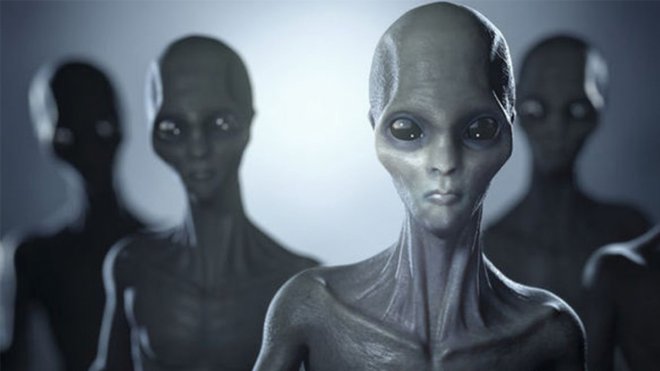
British scientists have revealed a new theory on how existence on Earth arose and it clearly suggests that the alien bugs can be held responsible for the cause. It seems that the scientists have finally cracked the mystery of existence that sprang up about 3.8 billion years ago.
The team calculated minuscule bio-particles could be hitching a ride on space dust that travels through the cosmos at 70 kilometres per second. These tiny specks could then end up on planets, like Earth, where they landed and began the process of evolution.
The researchers said that the bio-particles could have also ended up on other planets inside our solar system.
A previous research has found that the micro-animals known as tardigrades can survive in the harsh conditions of space. Thus, there are high chances of the suggestions to come true.
"The proposition that space dust collisions could propel organisms over enormous distances between planets raises some exciting prospects of how life and the atmospheres of planets originated," Study leader Professor Arjun Berera, from the University of Edinburgh's School of Physics and Astronomy told Express.
He added: "The streaming of fast space dust is found throughout planetary systems and could be a common factor in proliferating life."
According to the team, the bio-particles could be taken away from Earth and help to seed life somewhere else in the universe.
The University of Edinburgh's School of Physics and Astronomy said in a statement: "It is possible that such organisms – if present in Earth's upper atmosphere – might collide with fast-moving space dust and withstand a journey to another planet."









